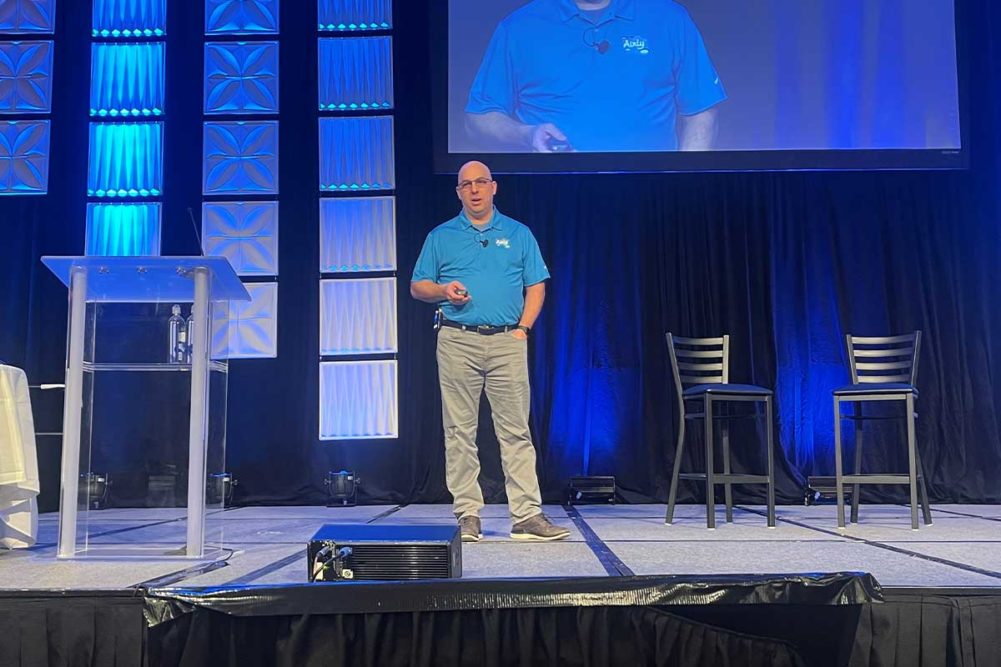CHICAGO — As climate change concerns grow, governments and businesses have turned their attention to the amount of carbon in the air. Rising carbon emissions have helped contribute to a 1.1℃ increase in the Earth’s temperature since the late 19th century, and scientists warn that a 1.5℃ increase could cause irreversible damage to the Earth’s climate.
“There’s too much carbon in the air,” said Kris Corbin, co-founder and chief supply chain officer of Airly Foods. “CO2 in and of itself isn’t a bad thing, but we’re really out of bounds. We know that and we need to do something to rebalance the table so we can survive in the future.”
To help achieve this goal, Mr. Corbin and Airly Foods created the carbon negative cracker, meaning it’s production offsets more carbon than it contributes to the environment. Each 7.5-oz box removes 18 to 21 grams of CO2 from the air, the company states.
Airly’s crackers are made from grains grown on carbon farms, which engage in practices like cover crops, crop rotation and no-till planting that sequester carbon in the soil. This sequestration lowers carbon emissions, fertilizer requirements and soil erosion, as well as costs for farmers.
Mr. Corbin decided that a shelf-stable offering like crackers was the best choice for a carbon-negative snack, as it requires less energy to produce and store while having mass consumer appeal.
“I really want to democratize participation in fighting climate change through food,” he said. “We didn't want to have a product that only a couple of people could afford to get, or something that was a really shiny grain but no retailer would put it on their shelf.”
Airly commits to other sustainable practices throughout its production as well, including using wind turbines for milling grains, solar powered electric ovens and electric vehicles for transportation. All of these practices’ lower greenhouse gas emissions and dependence on fossil fuels.
Conventional farming adds CO2 to the atmosphere, Mr. Corbin said, putting much of the responsibility on Earth’s trees to intake CO2 and supply oxygen. This issue is only exacerbated by the growth of deforestation. But expanding carbon farming can change this, he emphasized.
“If we increase the acreage of carbon farming every year, now we have two ways to clean that air: forests and farms,” he explained. “And that clean oxygen, that CO2 being removed… we’re going to be the one’s benefitting from it.”





